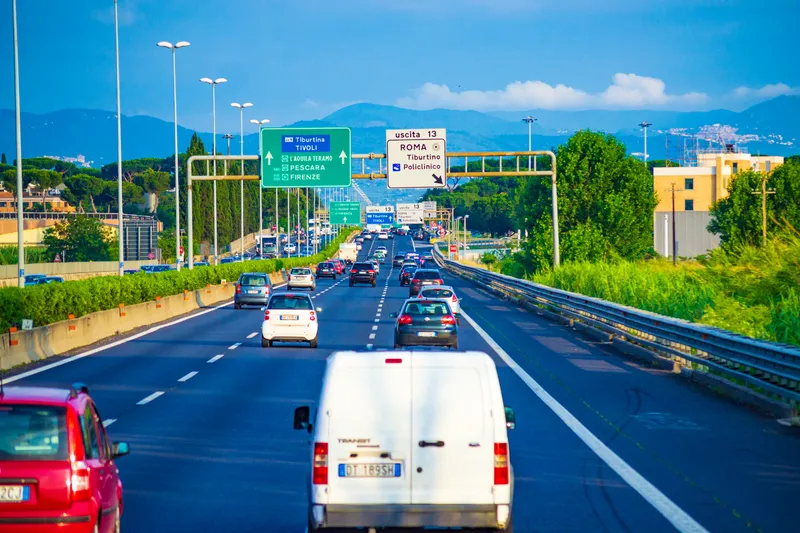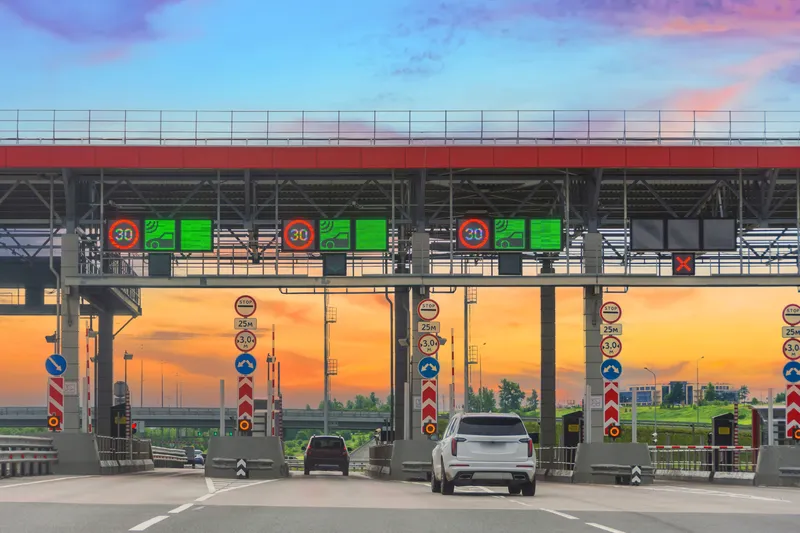
Innovation, including resilient and green infrastructure, will be among the themes of Asecap Study & Information Days that opens in Milan today.
Julián Núñez, who was appointed president for 2024 earlier this year, will open the event that will have over 80 distinguished speakers and a diverse range of sessions.
The international event from Asecap - the Association Européenne des Concessionnaires d’Autoroutes et d’ouvrages à Péage (European Association of Operators of Toll Road Infrastructure) - promises a blend of thought-provoking discussions and practical solutions.
Subjects such as road safety, road decarbonisation, tolling schemes, free-flow tolling, digital twins, digitalisation, asset management, cooperative ITS, CCAM (cooperative, connected and automated mobility) and electric vehicles are on the agenda.
Speakers and panel invitees at the two-day conference event will be from across the breadth of Europe, including Turkey and the UK as well as the US and Canada. Panel discussions and parallel session topics include ‘Sustainable development and environmental protection of road infrastructure’, ‘Digital twin-based maintenance and monitoring of infrastructure’ and ‘Impact of electric vehicles’.
A civil engineer, Núñez has been president of Seopan, the Spanish Association of Infrastructure Contractors and Concessionaires, since 2013. When he was appointed in January, he said that more than ever there is a need to invest in transport decarbonisation which will be only effective if road transport is decarbonised.
He also noted that there is also an important priority to maintain road infrastructure to keep it resilient and compliant with all the environmental issues. To that tend, infrastructure has a major role to play in reaching the European Union's goal to be carbon neutral by 2050, he adds.
Speakers include Christof Mauerek, head of the enforcement centre with Asfinag; Ilaria Napoli, who is in charge of sustainability, road construction and operational aspects of highway operator A35 Brebemi Aleatica; Bill Halkias, president of IBTTA (International Bridge, Tunneling and Turnpike Association) and Daniel Briedl, head of sales at global barrier specialist Rebloc.
The event is hosted by motorway concessionaire Milano Serravalle-Milano Tangenziali and Aiscat - Italian Association of Concessionaire Companies for the Construction and Operation of Motorways and Road Tunnels.
More information about the programme can be found by clicking here









